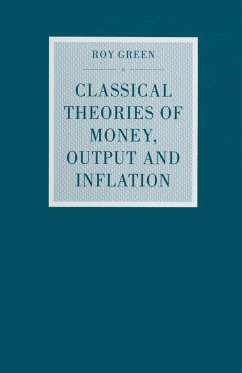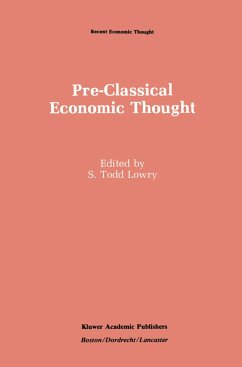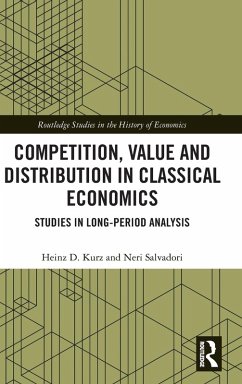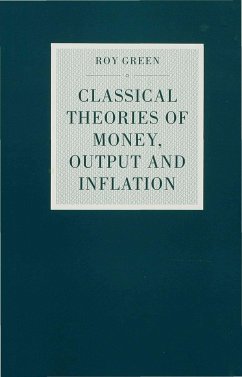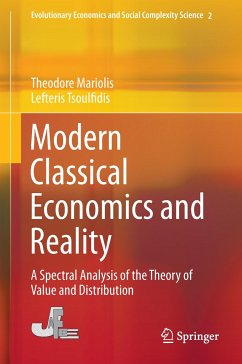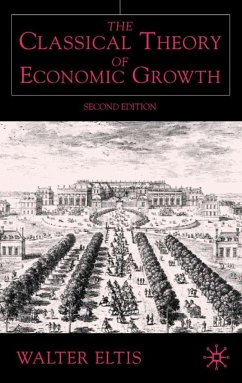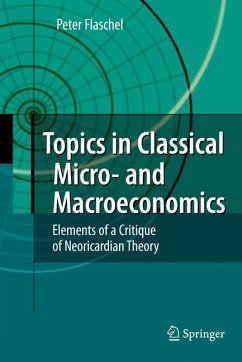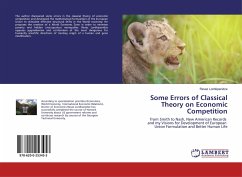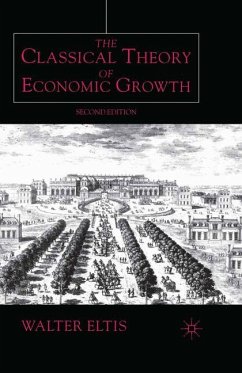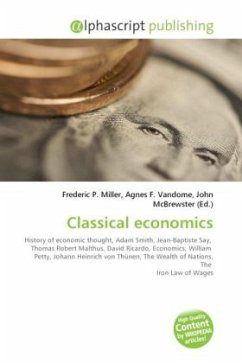
Classical economics
Versandkostenfrei!
Versandfertig in 6-10 Tagen
52,99 €
inkl. MwSt.

PAYBACK Punkte
26 °P sammeln!
Classical economics is widely regarded as the first modern school of economic thought. It is associated with the idea that free markets can regulate themselves. It grew out of the ideas of Adam Smith, but modified those ideas in several ways. Adam Smith favored replacing tariffs as the major source of government revenue with a progressive income tax. Classical economists opposed the idea of taxation and favored small government. The leading writers on this subject were Jean Baptiste Say, Thomas Malthus. David Ricardo, and, in America, John Stuart Mill. Sometimes the definition of classical eco...
Classical economics is widely regarded as the first modern school of economic thought. It is associated with the idea that free markets can regulate themselves. It grew out of the ideas of Adam Smith, but modified those ideas in several ways. Adam Smith favored replacing tariffs as the major source of government revenue with a progressive income tax. Classical economists opposed the idea of taxation and favored small government. The leading writers on this subject were Jean Baptiste Say, Thomas Malthus. David Ricardo, and, in America, John Stuart Mill. Sometimes the definition of classical economics is expanded to include William Petty and Johann Heinrich von Thünen. Adam Smith's The Wealth of Nations in 1776 is usually considered to mark the beginning of serious writing on the subject of economics. Smith maintained that the wealth of nations lay not in gold but in trade, and that an economy governed by the invisible hand of trade produced more prosperity than the regulated economy of his day. Jean Baptists Say argued that in an unregulated economy there would always be a market for any goods produced, and therefore depressions and unemployment are impossible.



